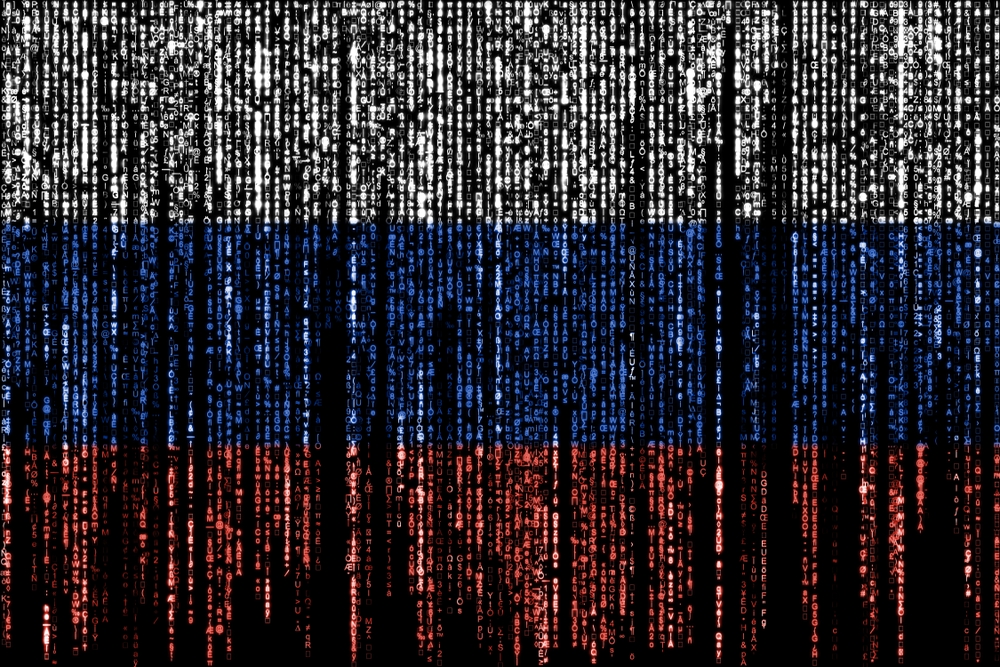Russian interference has notably impacted precision-guided munitions
Others are reading now
The Russian Armed Forces continue to dynamically adjust to frontline conditions, leveraging their extensive electronic warfare capabilities, reports Tech
Poses a Great Threat
Western defense systems are increasingly rendered ineffective in the face of these advancements.
According to a spokesperson from the U.S. Department of Defense, cited by the Wall Street Journal, the Pentagon acknowledges the growing threat posed by Russia.
This concern echoes previous alarms raised in May, when reports revealed Russian advancements in satellite signal jamming, notably affecting GPS and other sophisticated technologies.
Also read
Russian interference has notably impacted precision-guided munitions like the Excalibur. Other systems, such as the French-Swedish Bonus artillery shells, have also seen reduced effectiveness due to Russian interference.
Adapting Equipment
Despite these setbacks, Western missiles like the ATACMS and Storm Shadow continue to strike Russian positions effectively. However, the adaptation of Russian equipment to changing battlefield dynamics remains a significant concern.
Rob Lee, a researcher at the Institute for Foreign Policy Studies, emphasized that Russian adaptability is a constant factor.
The U.S. Department of Defense reaffirms its awareness of the evolving electronic warfare landscape emanating from Russia, emphasizing collaboration with allies like Ukraine to address this growing threat.
Notably, the introduction of systems like the Pole-21 highlights Russia’s ongoing efforts to enhance its electronic warfare capabilities, posing challenges even to advanced satellite communication networks.


